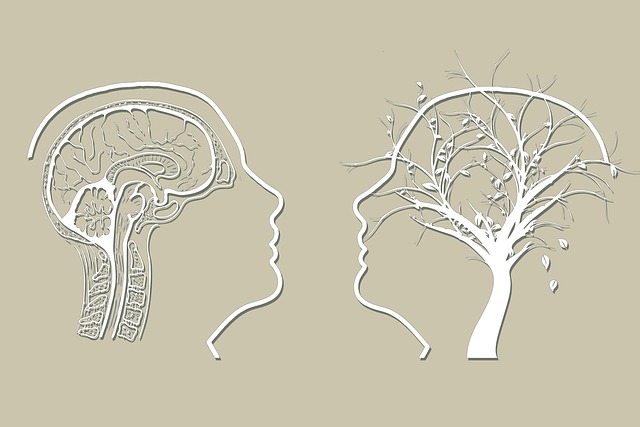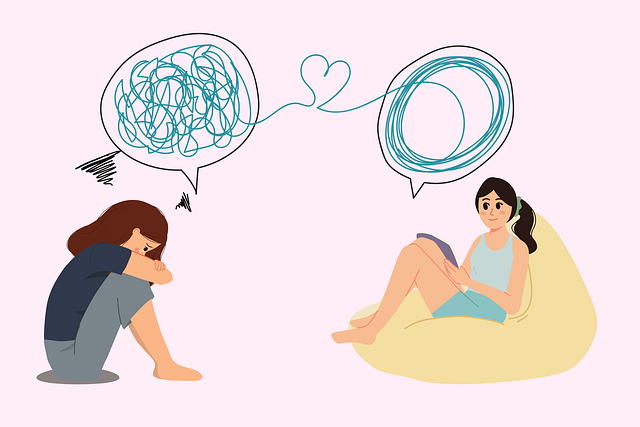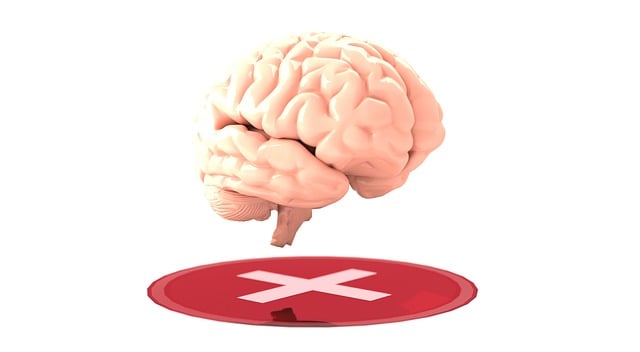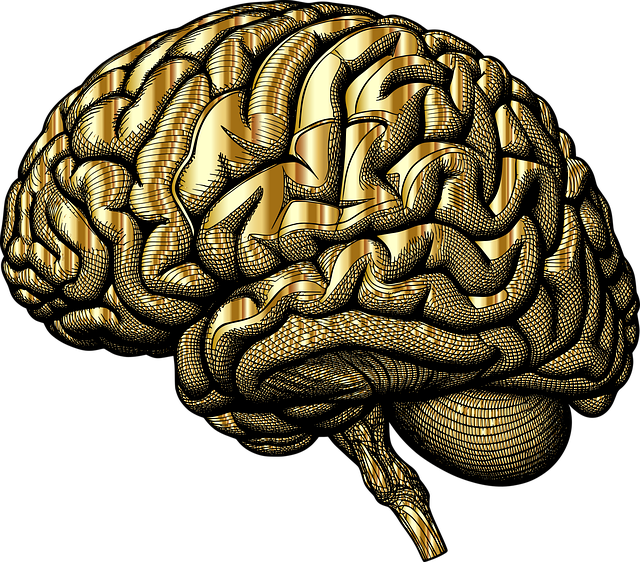The text addresses the challenges of mental health awareness, highlighting societal misconceptions about anxiety and depression. It emphasizes education as a key tool, showcasing successful initiatives like Aurora Anxiety Therapy, which combines CBT with mindfulness and positive thinking to reduce stigma and inspire hope. This program, featuring stress management, emotional resilience, and early intervention techniques, equips individuals with tools to manage mental health through practices such as meditation, deep breathing, and yoga. Additionally, media platforms like the Mental Wellness Podcast Series aim to reach diverse audiences with accurate information, fostering a more normalized environment for mental health discussions.
In today’s fast-paced world, mental health education is more crucial than ever. This article explores comprehensive program design for fostering resilience and addressing common concerns. We delve into “Understanding Mental Health,” uncovering misconceptions that hinder progress. Then, we present “Crafting an Effective Program,” equipping educators with strategies to teach mindfulness and coping skills. Finally, we introduce Aurora Anxiety Therapy, a holistic approach designed to revolutionize mental well-being, offering hope and practical tools for navigating life’s challenges.
- Understanding Mental Health: Unveiling Common Concerns and Misconceptions
- Crafting an Effective Program: Strategies for Teaching Mindfulness and Coping Skills
- Implementing Aurora Anxiety Therapy: A Holistic Approach to Fostering Resilience
Understanding Mental Health: Unveiling Common Concerns and Misconceptions

Understanding Mental health involves addressing common concerns and misconceptions prevalent in society, often stemming from lack of awareness or outdated stereotypes. Many individuals struggle with recognizing that mental health issues are as legitimate as physical ailments. Terms like “anxiety” or “depression” are frequently misused, leading to misunderstandings about their severity and impact on daily life. For instance, Aurora Anxiety Therapy highlights how anxiety disorders vary widely in symptoms and intensity, from manageable to debilitating, refuting the notion that all anxiety is simply a matter of being “nervous.”
Educational programs play a pivotal role in dispelling these myths by providing platforms for open conversations about mental wellness. Incorporating topics like stress management, emotional resilience, and early intervention strategies empowers individuals to recognize warning signs in themselves or others. Moreover, featuring stories from those who have successfully navigated challenges through Trauma Support Services or enhanced their confidence through boosting activities, can inspire hope and reduce stigma. The Mental Wellness Podcast Series Production can also serve as a dynamic tool to reach diverse audiences with accurate information, fostering an environment where mental health discussions are normalized.
Crafting an Effective Program: Strategies for Teaching Mindfulness and Coping Skills

An effective mental health education program should prioritize teaching mindfulness and coping skills, such as those offered by Aurora Anxiety Therapy. These strategies empower individuals to manage stress, anxiety, and other mental health challenges proactively. Incorporating practices like meditation, deep breathing exercises, and yoga can cultivate present-moment awareness, enabling participants to recognize and regulate their emotional responses.
The program should also focus on building resilience, a crucial component of mental well-being. This involves equipping individuals with effective coping mechanisms tailored to their unique needs and experiences. Additionally, integrating risk assessment techniques for mental health professionals ensures that participants receive appropriate support while fostering an environment where open communication about mental health struggles is encouraged. Communication strategies are vital for promoting understanding, empathy, and effective intervention among peers and professionals alike.
Implementing Aurora Anxiety Therapy: A Holistic Approach to Fostering Resilience

Implementing Aurora Anxiety Therapy offers a holistic approach to fostering resilience among individuals navigating mental health challenges, particularly anxiety. This innovative program integrates evidence-based techniques with mindfulness practices and positive thinking exercises. By combining cognitive behavioral therapy (CBT) principles with stress management strategies, Aurora Anxiety Therapy equips participants with the tools they need to build mental fortitude and cope effectively with anxiety triggers.
The program’s focus extends beyond symptoms reduction, aiming to enhance overall well-being and prevent burnout in healthcare providers—a demographic at heightened risk. Through engaging workshops and personalized support, Aurora Anxiety Therapy fosters a sense of community and encourages individuals to embrace positive thinking as a cornerstone of their mental health journey. This inclusive approach recognizes that resilience is not just about managing anxiety but also cultivating a mindset that promotes emotional balance and sustained recovery.
Mental health education programs play a pivotal role in fostering resilience and well-being. By addressing common concerns and misconceptions, incorporating mindfulness and coping skills training, and adopting holistic approaches like Aurora Anxiety Therapy, we can create supportive environments that empower individuals to navigate mental health challenges effectively. These strategies not only enhance personal growth but also contribute to a more compassionate and informed society.









